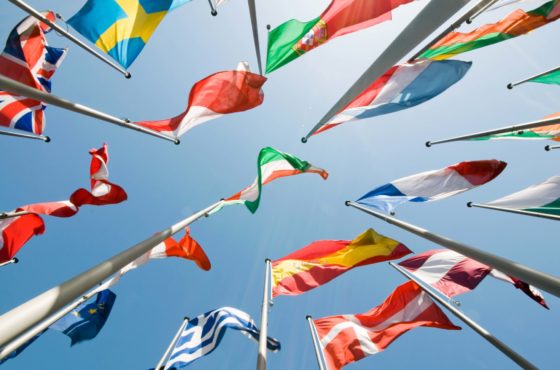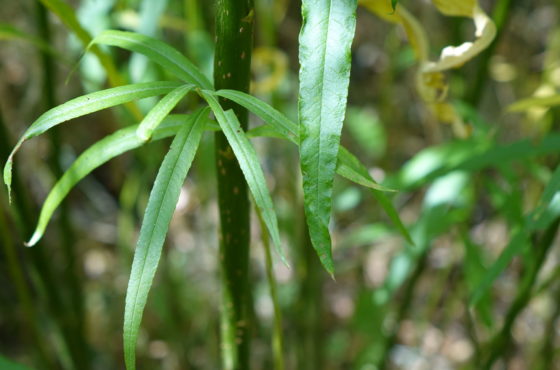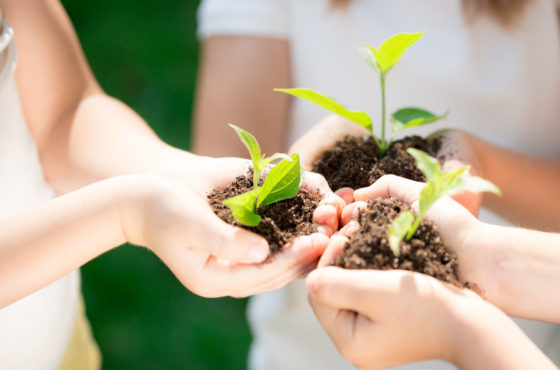Context

The members of the European Union and the United Nations (COP, 2030 Climate and Energy framework) need to meet key environmental targets:
- To increase their independence from fossil fuels
- To reduce their greenhouse gas emissions
- To bring their innovative and sustainable economic activities back to their own borders
- To promote circularity and sustainability in their economic development

Flanders, Wallonia and the Hauts-de-France Region are already contributing to these targets by using biomass and by developing a biobased economy.
Adopting strategies* to promote the production of biomass demonstrates that biobased approaches are encouraged in the three regions.
* European bioeconomy strategy.
For France and the HDF region: Loi de transition énergétique pour une croissance verte (LTECV) ; stratégie nationale de mobilisation de la biomasse ; programmations pluriannuelles de l’énergie (PPE) ; Schéma Régional Biomasse (SRB) ; Plans Climat Air Energie Territoriaux (PCAT)
For Flanders : Vlaams Klimaatbeleidsplan, Decreet Duurzame Ontwikkeling
For Wallonia: PACE, Stratégie Développement Durable

The demand for plant-based raw materials (biomass) will grow to maximise added value and the number of relocated jobs generated per tonne of biomass.
It is therefore crucial to now think about nearby cross-border areas where crops could be grown to meet this future demand. At the same time, the following challenges we currently face need to be considered:
- In order to be sustainable, production cannot just be based anywhere**
- The biobased market has to tackle the context of the use of arable land (debate about its use for food vs non-food crops)
- The probable end of attractive oil and raw material prices
- A lack of communication between the producers and the end users of biomass
- A lack of vision when it comes to land that is really available and existing development technologies
**Art. 17 Directive 2009/28/CE regarding changes to what land is used for (ILUC).

On the basis of these observations, in cross-border areas it is therefore necessary:
- To produce and develop biomass generated on marginal land
- To encourage dialogue between marginal land managers and companies involved in the biobased economy
- To build up a critical mass of raw materials for the industrial development of networks on all three sides
The actions of the New-C-Land project fit within objective 2 of the Interreg France-Wallonie-Vlaanderen programme. They are designed to boost the transfer and distribution of innovation in a strategic sector in the cross-border area, whilst also:
- boosting a culture of innovation and encouraging innovative technologies
- boosting the coordination of research institutions and disciplines
- assisting entrepreneurs in implementing new techniques
- creating interaction between cross-border areas for businesses and project developers
